There is a lot of panic in the media and in political circles around the coronavirus outbreak (recently) designated as COVID-19. The name COVID-19 is simply a shortening of the phrase “coronavirus outbreak of 2019”. What is different about this virus is the rapidity at which it is transmitted from one person to another and the higher mortality rate compared to the seasonal flu (influenza). We are getting nothing but 24×7 media coverage of fear and panic around COVID-19 and the impact it is causing around the globe. This week, President Trump assigned Vice President Pence to head up and coordinate the US effort around the outbreak and the CDC and WHO are putting out daily bulletins. There is even a COVID-19 heat map put up by Johns Hopkins with scary red blobs https://coronavirus-map.com/ to show the location and size of outbreaks.
According to the CDC, coronaviruses are a large family of viruses that are common in humans and in many different species of animals, including camels, cattle, cats, and bats. Rarely, animal coronaviruses can infect people and then spread between people such as with SARS-CoV, MERS-CoV, and likely now with COVID-19. These viruses are simply a normal part of the natural environment but the danger comes when a new mutation occurs and there are no existing natural immunity or medication targeting that specific mutation.
In general, the fear generated from the COVID-19 virus far surpasses its actual impact. To put some context on this, worldwide COVID-19 deaths (as of this writing) stands at 2,800 across the world while just in the US, the normal seasonal flu of 2019 to 2020 killed 12,000 Americans alone. As with most such illnesses, healthy adults who catch this virus typically recover on their own. There is roughly a 2% mortality rate among the COVID-19 reported cases, but it is highly likely there are far more people who have caught COVID-19 and recovered without their case being recorded or the sufferer even realizing they had the coronavirus as symptoms may be nothing more than a minor headache and sore throat. The official statistics don’t include those cases and would therefore overstate the mortality rate.
Another perspective on COVID-19’s 2% mortality rate is to that of the badly-named Spanish Flu of 1918 (it didn’t start in Spain) which had a 10% mortality rate across the globe. The 10% mortality rate is even worse when you consider that was the number of actual deaths in the world population as opposed to the mortality rate of only the reported cases (not all cases get reported).
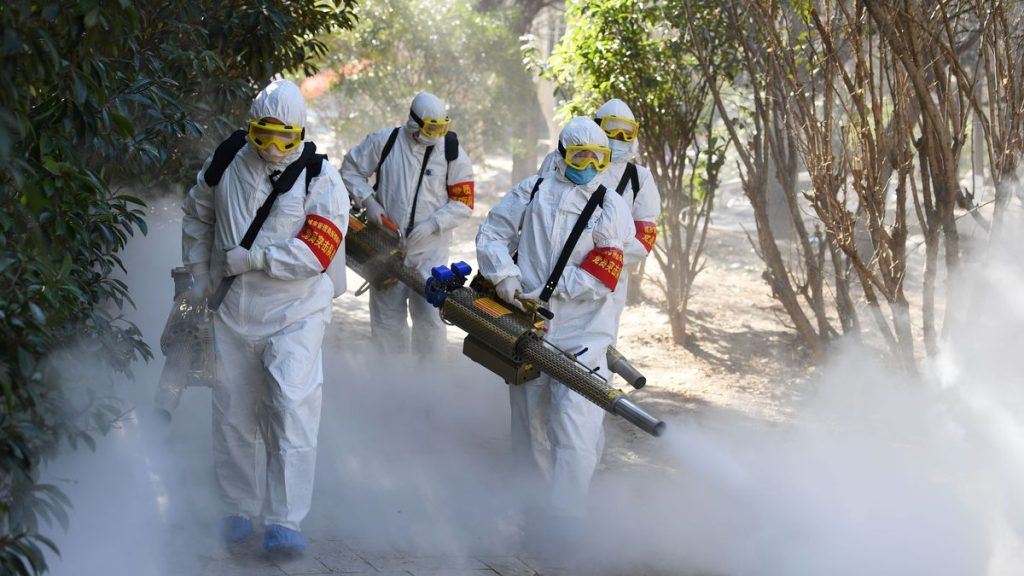
The real impact of outbreaks such as COVID-19 are economic in nature. When people stop working at factories and hide out in their homes in fear, this can bring economies to crashing halts. Italy which just announced an outbreak of COVID-19 had a projected GDP of +.02% and it is likely the closure of tourist attractions and a general decrease in economic activity from the virus will cause a recession in Italy.
We shouldn’t minimize the of tragedy of those who die from this disease, but as mentioned, the normal flu has already killed 600% more people just in the US than everyone who so far has died of COVID-19 around the world so one wonders why all the fear around this particular version of the coronavirus. There are worries to be sure. One possible reason for the panic is to self-justify the existence of organizations like the WHO and other such organizations which are dependent upon such fear for their funding and continued existence. This is their opportunity to make a name for themselves and secure future funding. Another more cynical thought is the political maneuvering to turn COVID-19 into a political weapon of sorts. I’m already seeing posts from those who hate President Trump blaming him for the outbreak or positioning their arguments around his lack of response to a disease that the world just found out about originating in communist China. There is also the nature of a mass media in search of a sensational story to boost ratings and get people to stick close to their TVs and computers.
Politicizing COVID-19 is in very poor taste in my opinion.
What to do for individuals
If your work allows you to work from home, you should do so and avoid contact with others outside of you home in the event a pandemic is declared in or near where you live. If you live in or have been to an infected area where there was known COVID-19 infections or if you suspect you may have been exposed to someone who came from one of those areas, there are some basic steps to take (below).
- Consider self-quarantining yourself for 14 days which is the estimated gestation period between the time you first become infected to when symptoms actually show.
- Monitor yourself for high temperatures which may indicate an infection.
- Wear a face mask to prevent catching or spreading any diseases, according to the CDC, 3M’s n95 facemask is considered one of the best face masks for viruses but unfortunately, third party sellers are actively marking up these masks by 300% to 400% above their normal prices at this time.
- Practice good personal hygiene, wash hands regularly, use a hand sanitizer whenever you can.
- Cover your cough, avoid getting too close to someone else and avoid crowded areas.
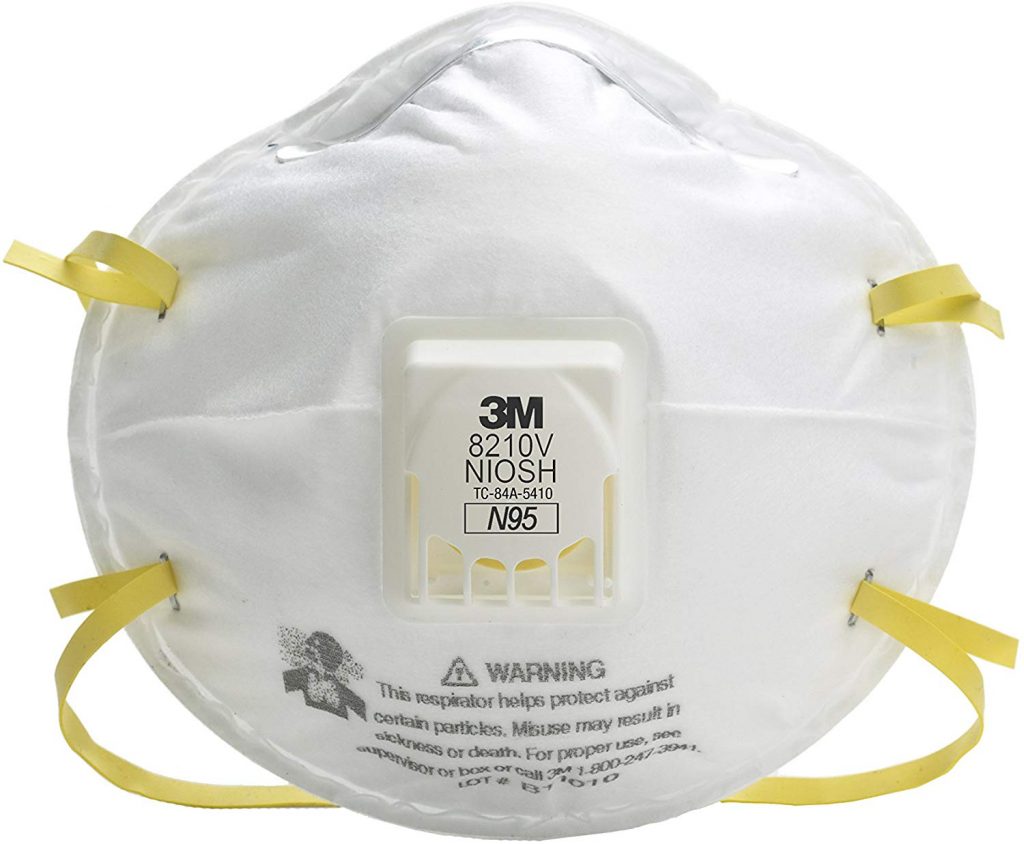
What to do for your business
There are a number of best-practice preparations a business should take in preparation for a COVID-19 event. Here are a few helpful hints:
- Form a planning team to develop a business plan for continued operations (aka business continuity plan)
- Coordinate with your vendors, partners, and major customers on your plan for continued operations
- Conduct tabletop exercises and simulations to see if any elements are missing from your plan and to familiarize key managers on steps and procedures
- Communicate your plan to your employees
- Refine your plan as needed throughout the process
- Continuously monitor the status of the pandemic through email alerts from the Center for Infectious Disease Research and Policy (CIDRAP) at https://www.cidrap.umn.edu






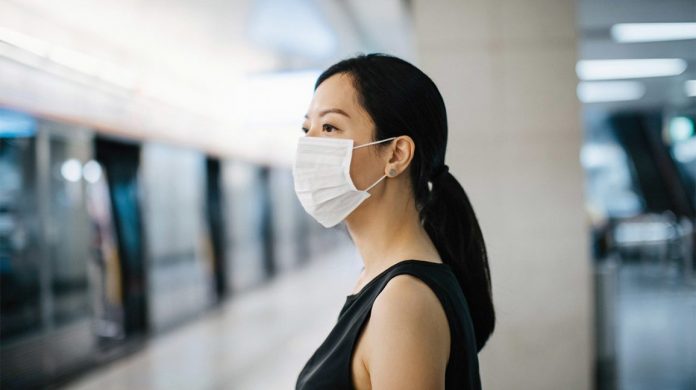
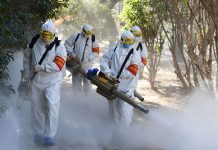
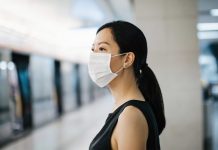
















Coronavirus death rate
40-49 years old
0.4%
30-39 years old
0.2%
20-29 years old
0.2%
10-19 years old
0.2%
https://www.worldometers.info/coronavirus/coronavirus-age-sex-demographics/
Good job in providing this information. It is unfortunate that some are choosing to politicize this.